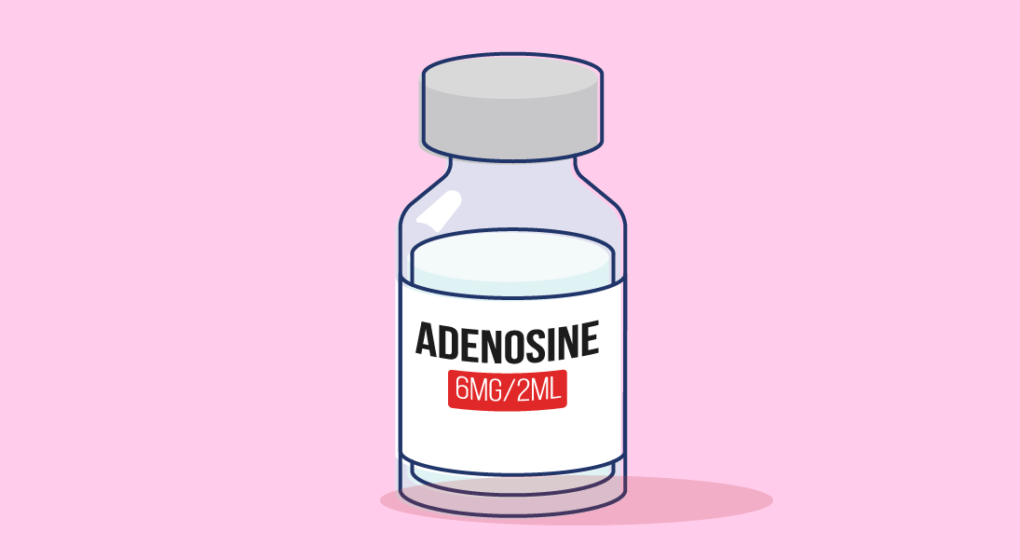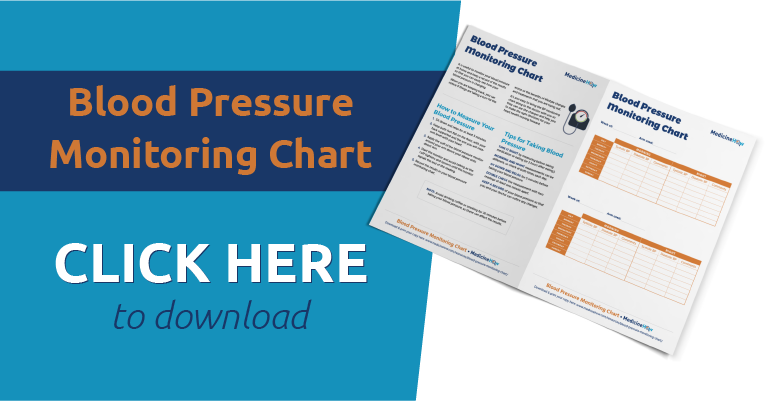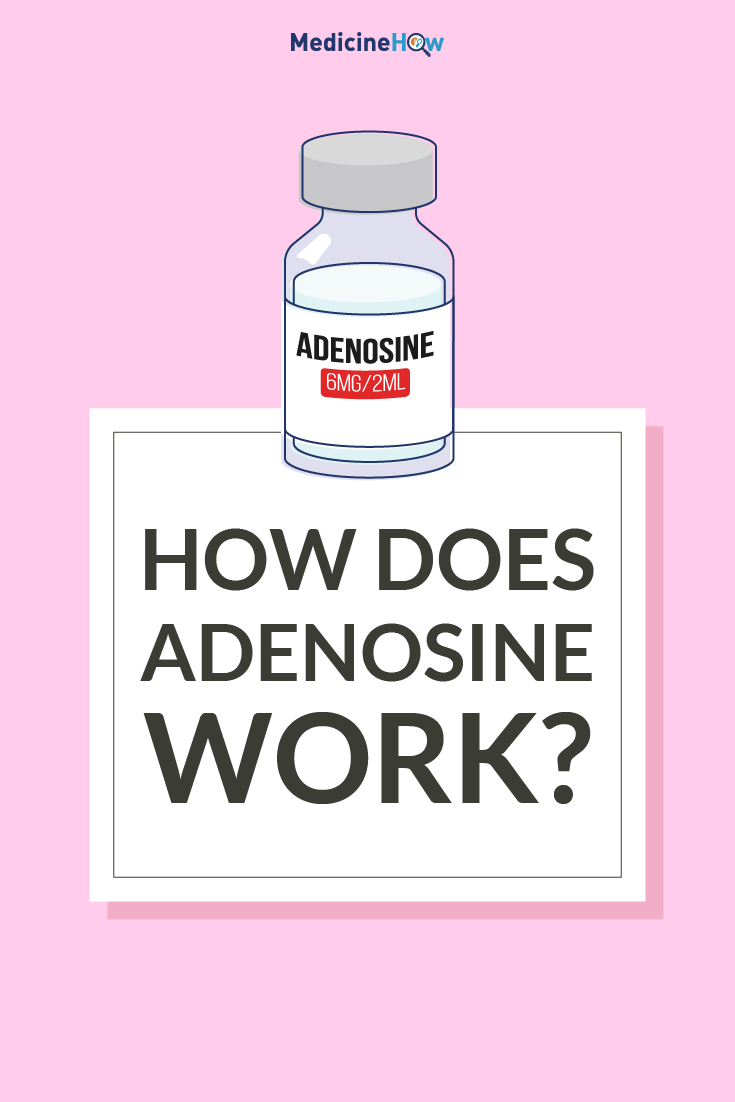
Adenosine is a quick-acting drug that affects the electrical activity of the heart. It is given by intravenous (IV) infusion in a hospital environment to control the heart rhythm.
What is it used for?
Adenosine (Adenocor) is only available as an infusion for intravenous (IV) administration in a hospital environment. It can be used for several different purposes such as:
- Acute treatment of supraventricular tachycardia (SVT)
- Diagnosis of tachycardia
- Radionuclide myocardial perfusion imaging
It is excreted from the body very quickly (within minutes), so it is not a good option for long-term medication but is very useful in an acute situation given directly into your bloodstream.

How does adenosine work?
Adenosine works by reducing the electrical activity in the sinus nodes and conduction of the atrioventricular nodes in the heart. This is important because it stops the abnormal electrical impulses that can cause your heart to beat irregularly.
It also works to dilate the blood vessels around the body, which allows the blood to pass through more easily and can reduce your blood pressure.
Side Effects
As it is excreted from your body very quickly (have of the dose is excreted within 10 seconds), the side effects of the drug do not long. They may include:
- Flushing
- Shortness of breath (Dyspnea)
- Chest pain
- Nausea
- Headache
- Dizziness
If you do experience these symptoms, your doctor will likely lower the dose of the drug infusion and within 10-20 seconds the effects will usually subside.
Precautions
There are some particular cases when adenosine is not the best choice of drug to control the electrical activity of the heart.
It should not be used if you have:
- Heart block (without pacemaker)
- Sick sinus syndrome (without pacemaker)
- Asthma or other reactive airways disease
Additionally, it can make some health conditions worse, such as Atrial fibrillation or atrial flutter. A reduced dose should also be used if you have had a heart transplant, as the effect of the drug can be exaggerated.
Drug Interactions
Some other drugs and substances can also interact with adenosine and affect the way it works in your body.
Dipyridamole Interaction
Dipyridamole can increase the uptake and effect of adenosine, which causes the heart rate to be reduced more than usual with the same dose. It is best to stop taking dipyridamole 24 hours before the dose or, alternatively, to reduce the dose of adenosine.
Theophylline Interaction
Theophylline reduces the effect of adenosine on the heart. It is best to stop taking theophylline 24 hours before the dose or to increase the dose of adenosine.
Caffeine Interaction
Caffeine reduces the effect of adenosine on the heart. It is best to avoid caffeine 24 hours before the dose or to increase the dose of adenosine.

Pregnancy and Breastfeeding
Adenosine is often the best choice of drug for pregnant women who need treatment of SVT, as it is a short-acting drug that is quickly cleared from the body.
It is also safe to take for women who are breastfeeding, as it is cleared from the body more quickly and your baby is unlikely to notice any effect.
Pin it!


